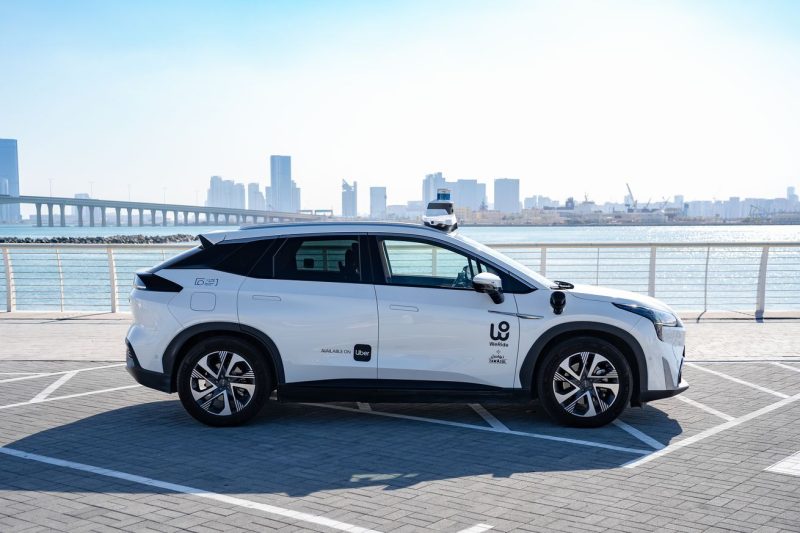Uber’s First International Robotaxi Service is Live in the UAE
Uber, the transportation giant, is making headlines once again with the launch of its first international robotaxi service in the United Arab Emirates (UAE). This innovative service marks a significant milestone in the advancement of autonomous vehicles and is set to revolutionize the way people travel in the region.
The launch of Uber’s robotaxi service in the UAE is the culmination of years of research, development, and collaboration with local partners. The fleet of autonomous vehicles is equipped with state-of-the-art technology, including sensors, cameras, and artificial intelligence systems that enable them to navigate roads safely and efficiently.
One of the key benefits of Uber’s robotaxi service is its potential to significantly reduce traffic congestion and vehicular emissions in urban areas. By optimizing routes, coordinating with traffic signals, and streamlining passenger pickups and drop-offs, the robotaxis can help alleviate the strain on existing transportation infrastructure and contribute to a more sustainable future for cities in the UAE.
Moreover, the introduction of Uber’s autonomous vehicles in the UAE is expected to create new opportunities for economic growth and job creation. The deployment of robotaxis will require skilled technicians to maintain the vehicles, software engineers to develop and fine-tune the technology, and customer service representatives to assist passengers, thus generating employment opportunities in the technology and transportation sectors.
In addition to its technical capabilities, Uber’s robotaxi service prioritizes passenger safety and security. Each vehicle is monitored remotely by a team of operators who can intervene in case of emergencies, ensuring that passengers are protected at all times. Furthermore, stringent safety protocols and regular maintenance checks are conducted to guarantee the reliability and performance of the autonomous vehicles.
The launch of Uber’s first international robotaxi service in the UAE represents a significant step forward in the development of autonomous transportation solutions. As the technology continues to evolve and become more widespread, we can expect to see further improvements in efficiency, safety, and accessibility, leading to a more connected and sustainable future for urban mobility.
In conclusion, Uber’s robotaxi service in the UAE is a game-changer that has the potential to reshape the transportation landscape in the region and beyond. By harnessing the power of autonomous vehicles, Uber is paving the way for a new era of mobility that prioritizes innovation, sustainability, and convenience for passengers. As the service expands and matures, it will be interesting to see how other cities and countries around the world adopt similar technologies to address the challenges of urban transportation in the 21st century.

